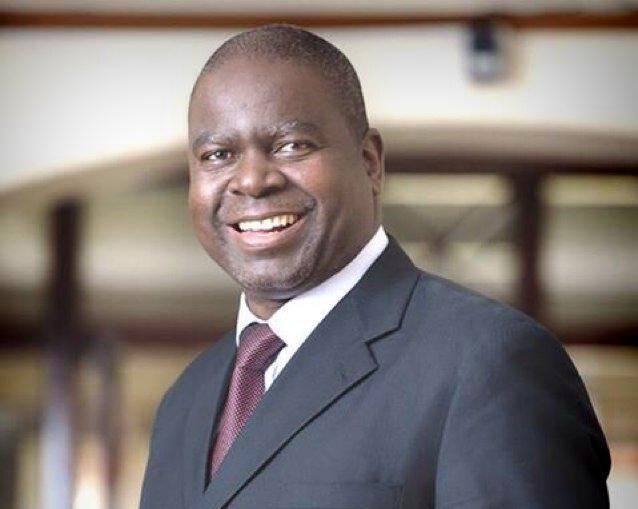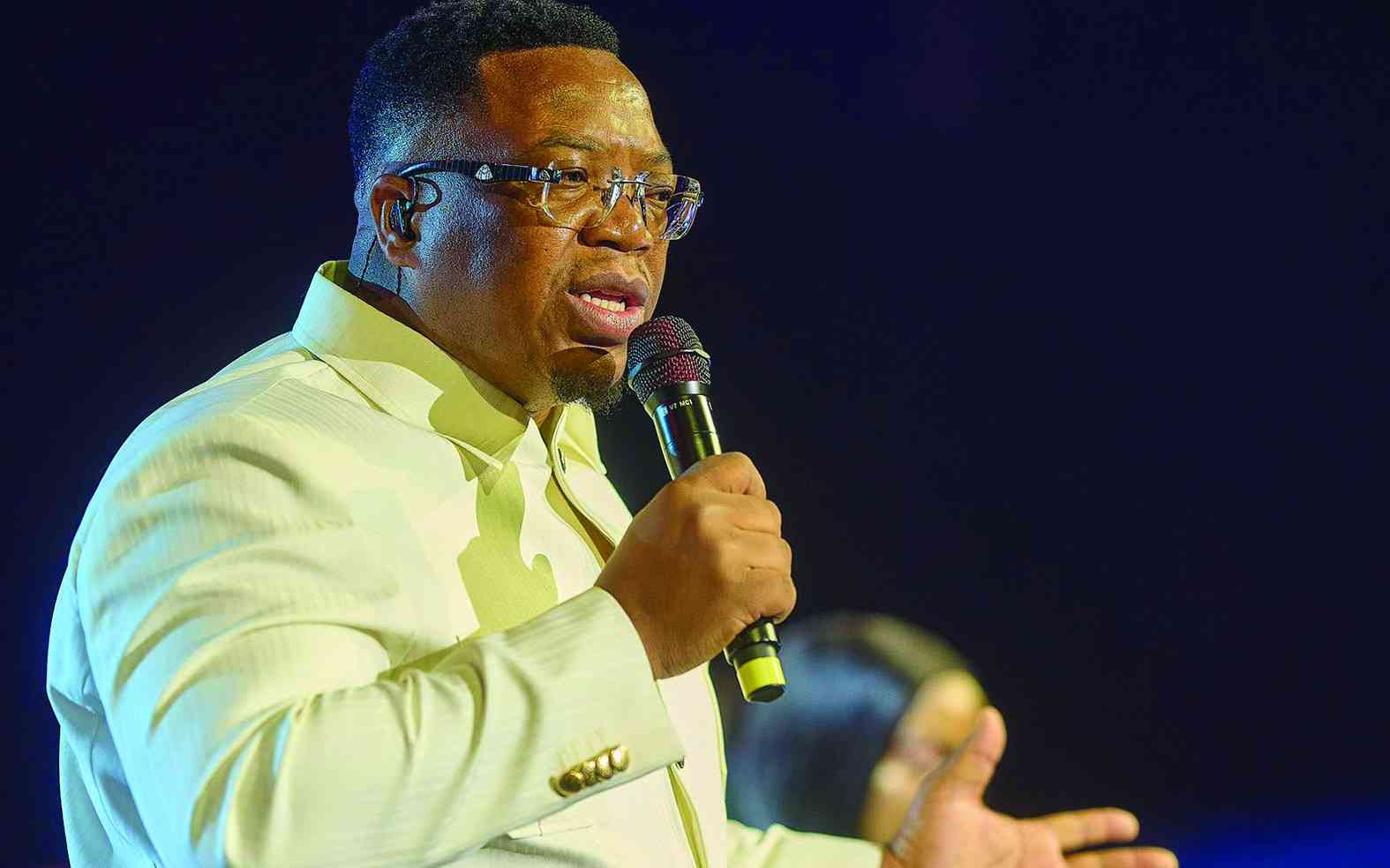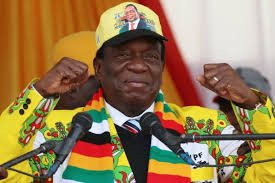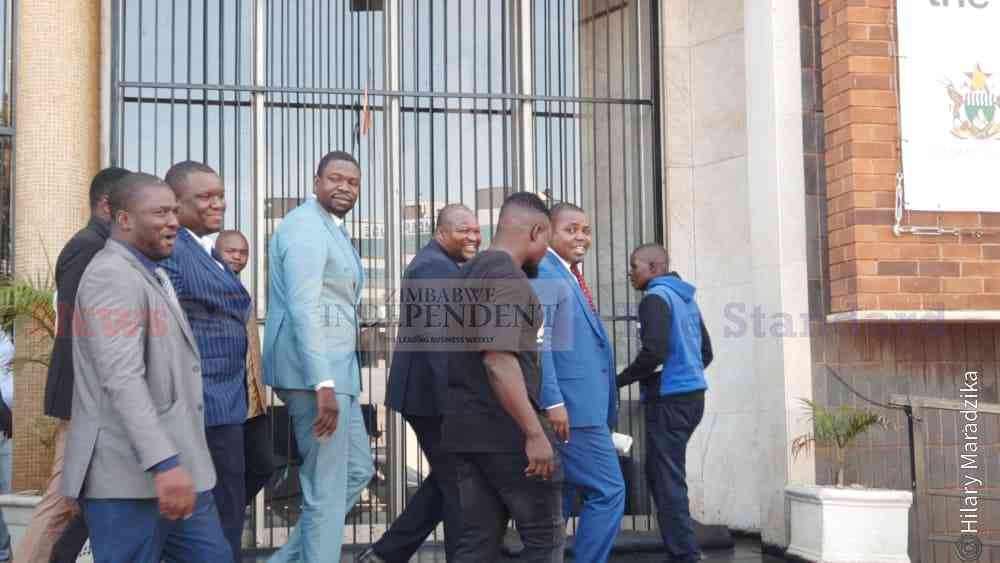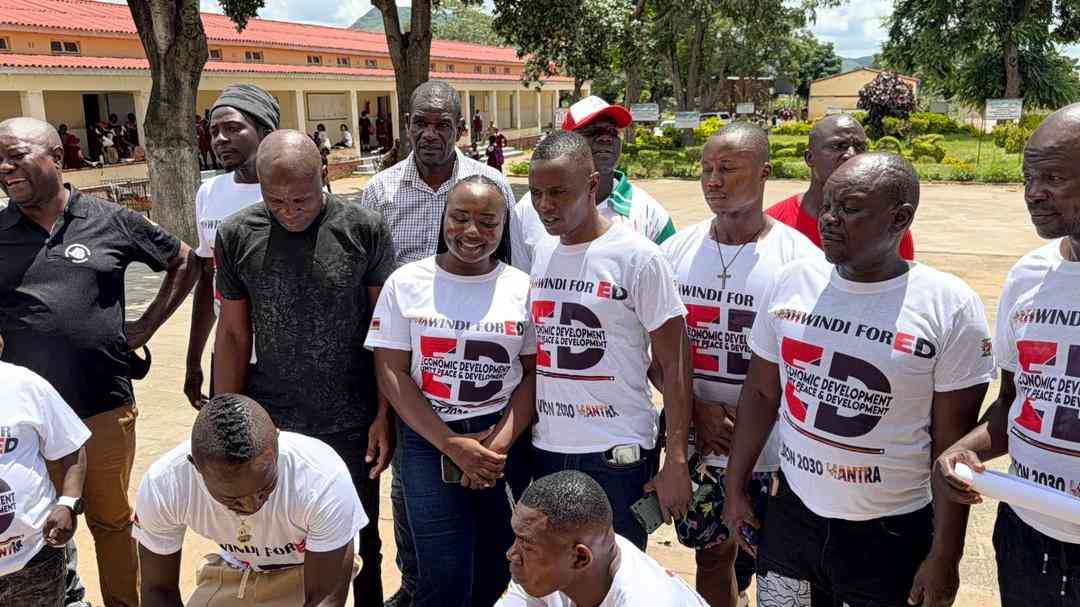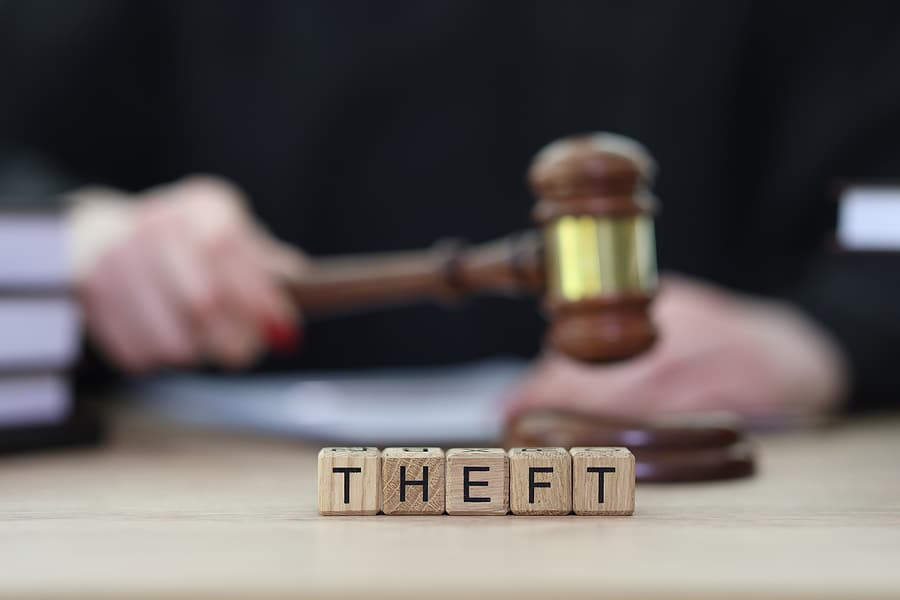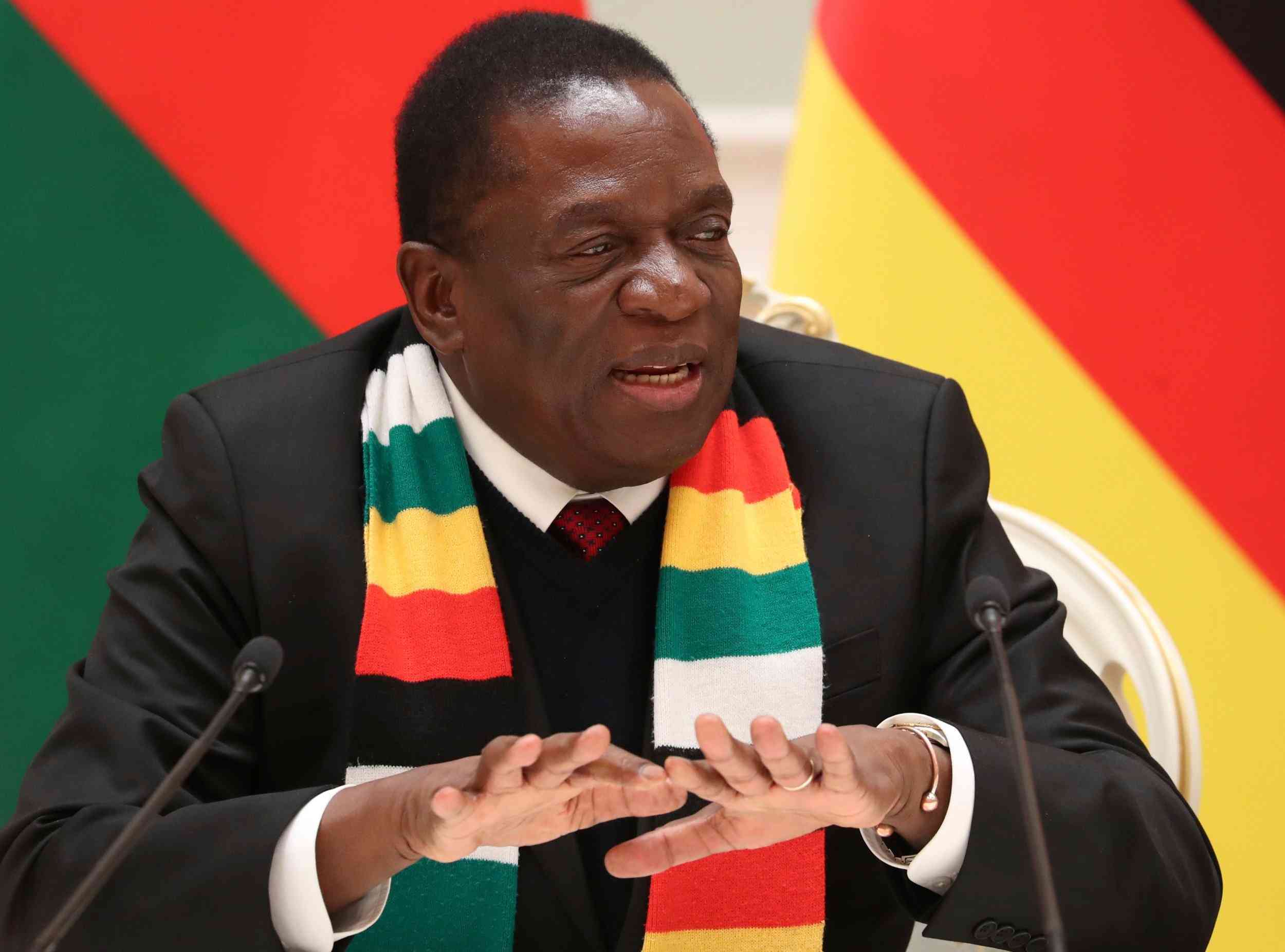
THE ruling Zanu PF party is ploughing on with its concerted effort to amend Zimbabwe’s Constitution so that President Emmerson Mnangagwa can remain in office beyond 2028 despite renewed opposition to the term extension from political parties and civil society organisations.
Mnangagwa has made spirited proclamations that he does not want to further his term beyond the stipulated two terms, but the octagerian leader has not castigated those who are pursuing the agenda.
A leaked document showed that Zanu PF MPs are working with elements within the pliant opposition to push a motion in Parliament to amend the Constitution.
The document, which was confirmed by Mutodi, showed that the motion had already been prepared and would be tabled once Parliament comes out of recess.
The motion, which will be moved by Energy Mutodi and is expected to be seconded by Charles Moyo, proposes significant changes to several constitutional provisions, raising questions about its impact on the nation’s governance and democracy.
Currently, the Constitution limits the presidency to two five-year terms under section 91(2).
Section 95(2)(b) sets the presidential term to run alongside the five-year life of Parliament.
Similarly, sections 143(1) and 277(1)(a) establish a five-year term for both Parliament and local authorities.
- ED’s influence will take generations to erase
- ‘Govt spineless on wetland land barons’
- Govt under attack over banks lending ban
- Zim Constitution must be amended
Keep Reading
Furthermore, section 328(7) prohibits office bearers from benefiting from term extensions, while sections 328(6) and 328(8) require referendums for any constitutional amendments affecting term limits.
The motion proposes sweeping changes, including amending section 95(b) to allow the presidential term to be extended by up to five years, as determined by Parliament.
It also seeks to amend section 91(2) to grant Parliament the authority, through an overwhelming majority, to determine an additional period for the President to remain in office after completing two terms.
In addition, sections 143(1) and 158(1)(a) would be revised to empower Parliament to extend its term, as well as that of local authorities, to support economic development, peace building and government restructuring.
Notably, the motion calls for the removal of restrictions in section 328(7) that prevent officeholders from benefiting from term extensions.
The document justifies the proposed amendments by claiming that the existing constitutional provisions “do not meet the aspirations of the people of Zimbabwe who would like to see the current national development trajectory continue under the leadership of Mnangagwa.”
The motion also points to the political challenges facing Zimbabwe, such as toxicity and polarisation, arguing that the amendments would pave the way for electoral reforms, dialogue and unity.
Mutodi confirmed the authenticity of the document, but said it was not the final document to be tabled in Parliament.
“While we confirm authenticity of the proposed draft motion, we want to reiterate that until signed by its proponents and approved by the Honourable Speaker of Parliament Advocate JFN Mudenda, it remains a draft and work in progress,” he said.
“Due process will be followed in accordance with the standing rules and orders and the Constitution of Zimbabwe, leading to a properly approved motion”.
However, Moyo, who is under pressure from his principal Sengezo Tshabangu for making unauthorised proclamations, has denied any involvement with Mutodi.
“It is the work of mischief makers who seek to create confusion and misrepresent my stance on important issues,” he said.
“I want to make it explicitly clear that I have not discussed any motion with Energy Mutodi or with any individual for that matter.
“I have not been in communication with Mutodi concerning this or any other issue.”
Meanwhile, the Zimbabwe Human Rights Association (ZimRights) yesterday raised concern over the continued violation of the country’s Constitution by the ruling party.
The human rights lobby group said the move violated key tenets of the Constitution and promoted apathy among the citizens.
ZimRights team leader Dzikamai Bere said the year 2025 marked a dozen years after Zimbabwe adopted the 2013 Constitution, which many have regarded as very progressive with an expanded Bill of Rights.
“Our Constitution faces several threats. The first threat the Constitution faces is the offensive from government,” he said.
“We have seen that over the years, there have been attempts at decimating the Constitution, rolling back the progressive elements of the Constitution.”
Bere said the spiralling of the 2030 agenda threatened to decimate the Constitution, thereby reducing to ashes 12 years of constitutional freedom.
“While we are celebrating 12 years of the Constitution, we are seeing concerted efforts to undo the good work that was done previously. The second problem we are facing is citizen apathy.
“Over the past 12 years, we have not seen the rise of a passionate Constitution-oriented citizenry. We have not seen the deepening of the culture of constitutionalism.”
Bere said the country faced the disembodiment of civil society, where there is no coherence and unity when it comes to voicing issues that pertain to the Constitu
motion had already been prepared and would be tabled once Parliament comes out of recess.
The motion, which will be moved by Energy Mutodi and is expected to be seconded by Charles Moyo, proposes significant changes to several constitutional provisions, raising questions about its impact on the nation’s governance and democracy.
Currently, the Constitution limits the presidency to two five-year terms under section 91(2).
Section 95(2)(b) sets the presidential term to run alongside the five-year life of Parliament.
Similarly, sections 143(1) and 277(1)(a) establish a five-year term for both Parliament and local authorities.
Furthermore, section 328(7) prohibits office bearers from benefiting from term extensions, while sections 328(6) and 328(8) require referendums for any constitutional amendments affecting term limits.
The motion proposes sweeping changes, including amending section 95(b) to allow the presidential term to be extended by up to five years, as determined by Parliament.
It also seeks to amend section 91(2) to grant Parliament the authority, through an overwhelming majority, to determine an additional period for the President to remain in office after completing two terms.
In addition, sections 143(1) and 158(1)(a) would be revised to empower Parliament to extend its term, as well as that of local authorities, to support economic development, peace building and government restructuring.
Notably, the motion calls for the removal of restrictions in section 328(7) that prevent officeholders from benefiting from term extensions.
The document justifies the proposed amendments by claiming that the existing constitutional provisions “do not meet the aspirations of the people of Zimbabwe who would like to see the current national development trajectory continue under the leadership of Mnangagwa.”
The motion also points to the political challenges facing Zimbabwe, such as toxicity and polarisation, arguing that the amendments would pave the way for electoral reforms, dialogue and unity.
Mutodi confirmed the authenticity of the document, but said it was not the final document to be tabled in Parliament.
“While we confirm authenticity of the proposed draft motion, we want to reiterate that until signed by its proponents and approved by the Honourable Speaker of Parliament Advocate JFN Mudenda, it remains a draft and work in progress,” he said.
“Due process will be followed in accordance with the standing rules and orders and the Constitution of Zimbabwe, leading to a properly approved motion”.
However, Moyo, who is under pressure from his principal Sengezo Tshabangu for making unauthorised proclamations, has denied any involvement with Mutodi.
“It is the work of mischief makers who seek to create confusion and misrepresent my stance on important issues,” he said.
“I want to make it explicitly clear that I have not discussed any motion with Energy Mutodi or with any individual for that matter.
“I have not been in communication with Mutodi concerning this or any other issue.”
Meanwhile, the Zimbabwe Human Rights Association (ZimRights) yesterday raised concern over the continued violation of the country’s Constitution by the ruling party.
The human rights lobby group said the move violated key tenets of the Constitution and promoted apathy among the citizens.
ZimRights team leader Dzikamai Bere said the year 2025 marked a dozen years after Zimbabwe adopted the 2013 Constitution, which many have regarded as very progressive with an expanded Bill of Rights.
“Our Constitution faces several threats. The first threat the Constitution faces is the offensive from government,” he said.
“We have seen that over the years, there have been attempts at decimating the Constitution, rolling back the progressive elements of the Constitution.”
Bere said the spiralling of the 2030 agenda threatened to decimate the Constitution, thereby reducing to ashes 12 years of constitutional freedom.
“While we are celebrating 12 years of the Constitution, we are seeing concerted efforts to undo the good work that was done previously. The second problem we are facing is citizen apathy.
“Over the past 12 years, we have not seen the rise of a passionate Constitution-oriented citizenry. We have not seen the deepening of the culture of constitutionalism.”
Bere said the country faced the disembodiment of civil society, where there is no coherence and unity when it comes to voicing issues that pertain to the Constitution.
“As civil society, we have been disoriented and disconnected from each other and from the citizenry when it comes to dealing with issues of constitutionalism,” he said.
“We hear voices here and voices there. The same movement that built the 2013 Constitution seems to have demobilised in 2013 when the Constitution was adopted.
“I believe it is time for Zimbabweans to come (together) and push back against any attempts to tear apart the Constitution.”
Opposition Zapu leader Sibangilizwe Nkomo said the will of the people through elections should never be reversed by a compromised cabal serving as an appendage of the ruling elite amid attempts by the ruling Zanu PF party to push its 2030 agenda.
In a statement yesterday, Nkomo said the nation’s Constitution was not a list of suggestions, but a sacred covenant with the people of Zimbabwe.
“It is disheartening to witness some who don the colours of opposition working to extend the term of the current administration, shredding Zimbabwe’s Constitution and betraying the people’s aspirations,” he said.
Nkomo also condemned “opposition” enablers of the Zanu PF 2030 agenda, adding that “betrayal of this magnitude is unforgivable”.
“Those who grabbed power by devious means have disappointed the masses after being given the people’s trust through votes. Our politics should not be the politics of abductions, torture and violence,” he said.
“Politics should be the battle of ideas. We should burn the midnight oil discussing what is to be done, not burn each other’s houses. We advocate for peaceful engagements at all levels of Zimbabwean society.”
Nkomo accused Zanu PF functionaries of pushing their spoils-centred system which thrives on patronage and clientelism while suffocating the dreams and potential of ordinary Zimbabweans.
“The question before us is profound: Will we fulfil our mission of rebuilding Zimbabwe as an inclusive State where every citizen takes pride in their identity or will we falter and betray this sacred mission?
“What will it take for us to demand accountability from elected officials flaunting their ill-gotten wealth when hardworking citizens continue to wallow in abject poverty?
“All it takes is a brief moment of introspection to arrive at honest answers to these pertinent questions.”tion.
“As civil society, we have been disoriented and disconnected from each other and from the citizenry when it comes to dealing with issues of constitutionalism,” he said.
“We hear voices here and voices there. The same movement that built the 2013 Constitution seems to have demobilised in 2013 when the Constitution was adopted.
“I believe it is time for Zimbabweans to come (together) and push back against any attempts to tear apart the Constitution.”
Opposition Zapu leader Sibangilizwe Nkomo said the will of the people through elections should never be reversed by a compromised cabal serving as an appendage of the ruling elite amid attempts by the ruling Zanu PF party to push its 2030 agenda.
In a statement yesterday, Nkomo said the nation’s Constitution was not a list of suggestions, but a sacred covenant with the people of Zimbabwe.
“It is disheartening to witness some who don the colours of opposition working to extend the term of the current administration, shredding Zimbabwe’s Constitution and betraying the people’s aspirations,” he said.
Nkomo also condemned “opposition” enablers of the Zanu PF 2030 agenda, adding that “betrayal of this magnitude is unforgivable”.
“Those who grabbed power by devious means have disappointed the masses after being given the people’s trust through votes. Our politics should not be the politics of abductions, torture and violence,” he said.
“Politics should be the battle of ideas. We should burn the midnight oil discussing what is to be done, not burn each other’s houses. We advocate for peaceful engagements at all levels of Zimbabwean society.”
Nkomo accused Zanu PF functionaries of pushing their spoils-centred system which thrives on patronage and clientelism while suffocating the dreams and potential of ordinary Zimbabweans.
“The question before us is profound: Will we fulfil our mission of rebuilding Zimbabwe as an inclusive State where every citizen takes pride in their identity or will we falter and betray this sacred mission?
“What will it take for us to demand accountability from elected officials flaunting their ill-gotten wealth when hardworking citizens continue to wallow in abject poverty?
“All it takes is a brief moment of introspection to arrive at honest answers to these pertinent questions.”

